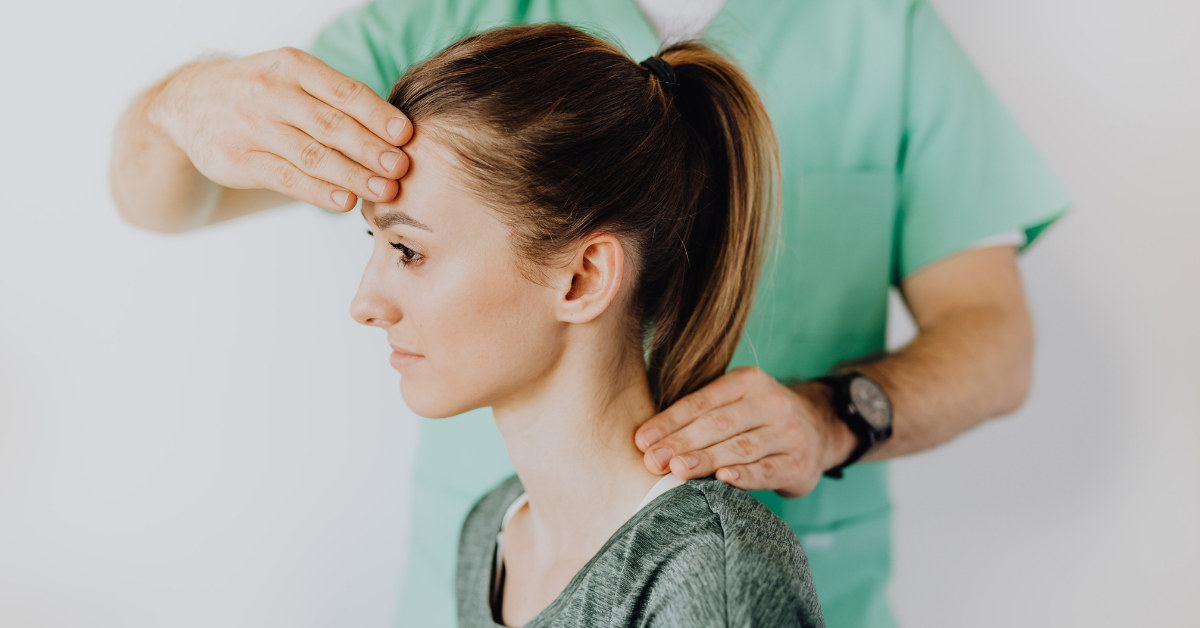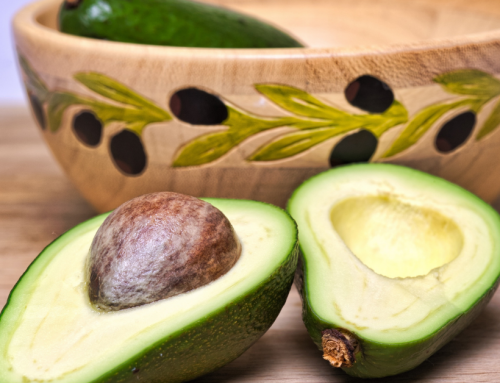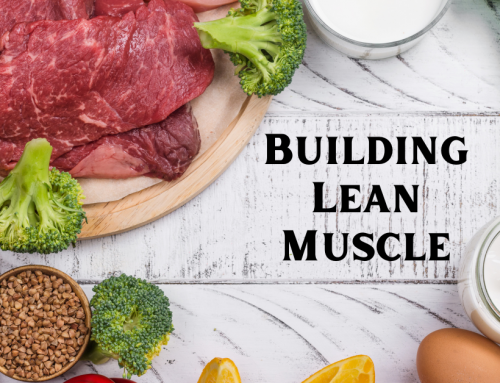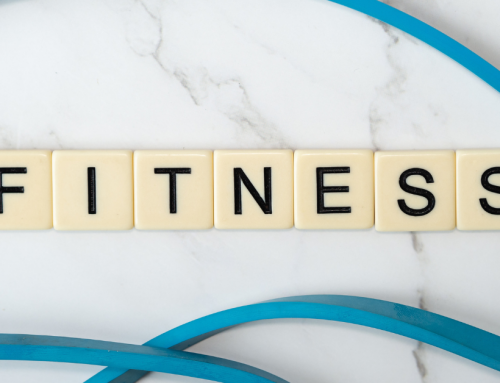Keto and Traumatic Brain Injury
The significant impact keto diets have on our gut-brain connection is undeniable. Clearing out sugar and filling up on nutritional fat are the ingredients to success. Mental clarity is achievable, energy levels rise, cravings diminish and it feels like you are on a performance-enhancing drug! The ketones circulating around your bloodstream are giving your body, but mostly your brain, energy, harvested from your very own fat reserves.
Ketones and their Superpowers
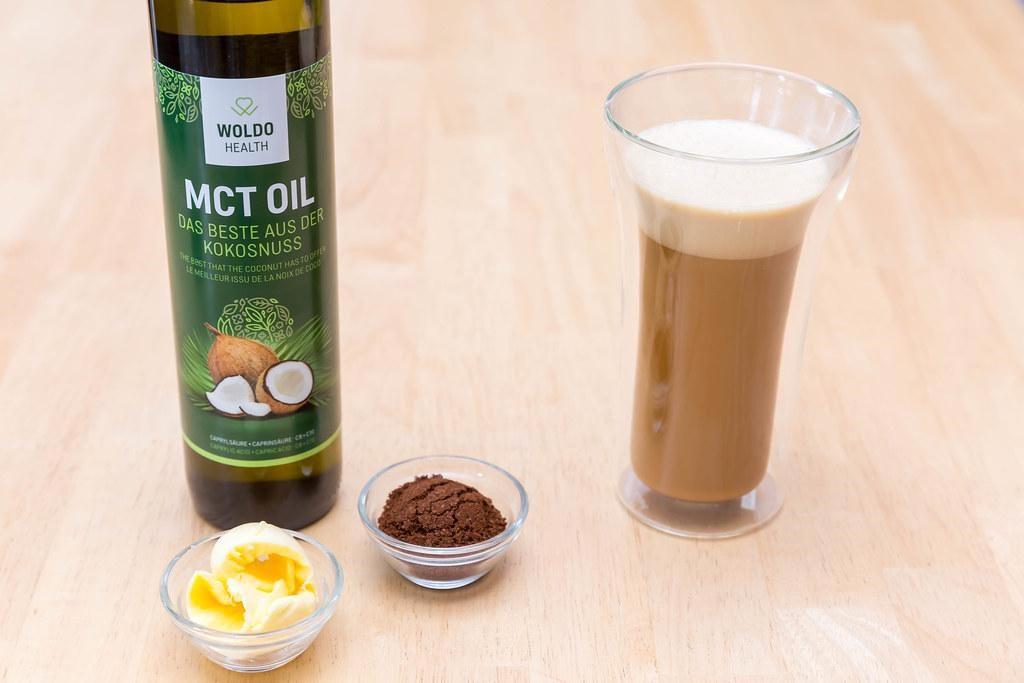
There is a growing interest in the benefits of ketone burning. In fact, the explosion of scientific studies and laboratory discoveries has led doctors and medical professionals down the yellow brick road to ketogenic being the answer to many health problems.
The Ketone Supplement Industry
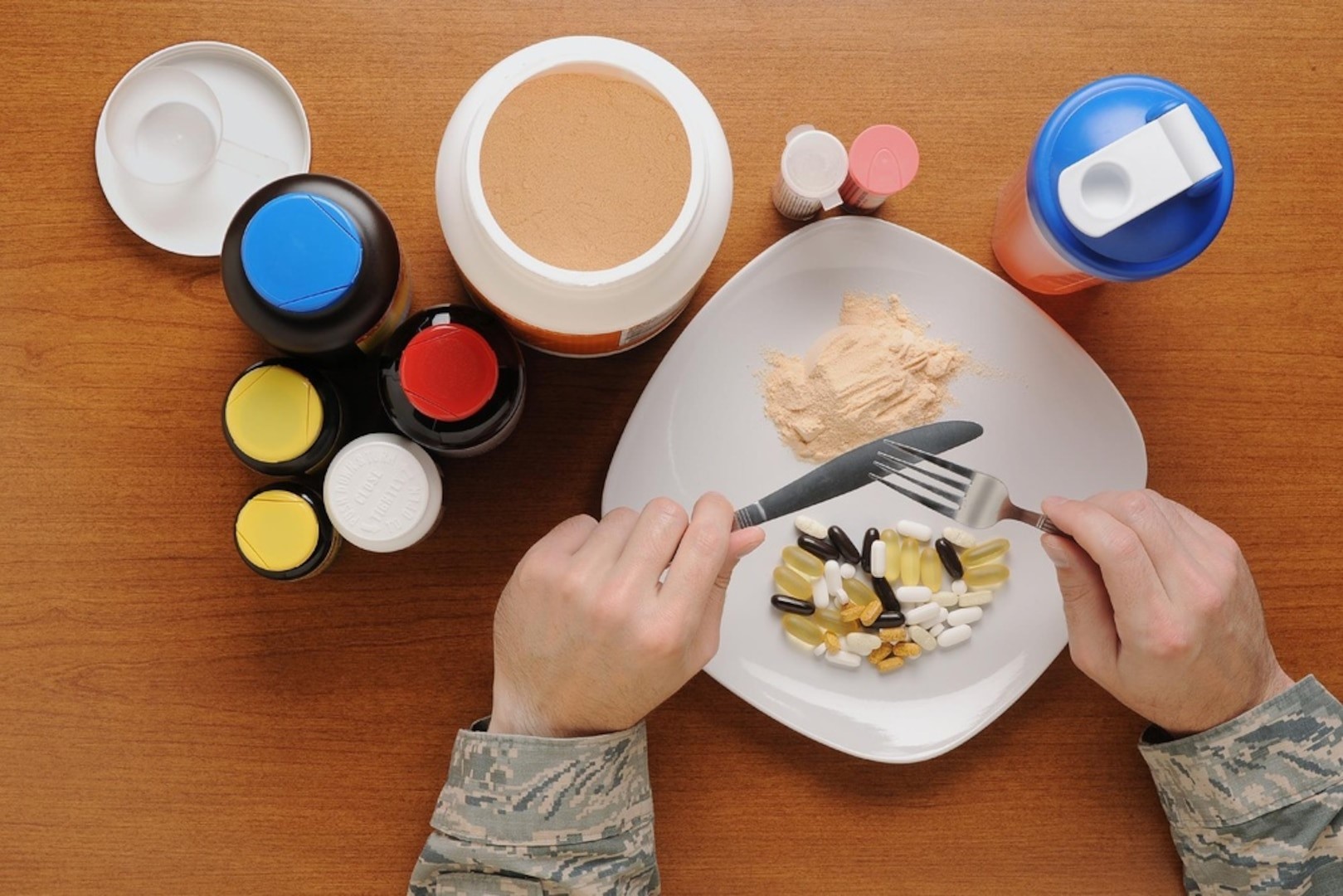
The development of exogenous sources of ketones comes in a powder or liquid form. It shoots you into ketosis within 30 minutes of consuming them. These ketone supplements are available in serving sizes of 50-150 calories of beta-hydroxybutyrate. They are believed to boost the internal production of ketones. Typically supplements like these are used in combination with fasting, keto-aligned eating, or at least low carbohydrate eating.
Another way to get into ketosis faster is to consume medium-chain-triglycerides (MCTs). Even though they are not actual ketones, they will help speed the rate of fat oxidation in the liver. Thus increasing internal ketone production. Coconut oil is naturally high in MCT. There are numerous ways to supplement your MCT intake in both oil and powdered form.
According to Dr. Dom D’Agostino, a man at the forefront of ketone supplement research states:
‘Ketone supplements deliver a drug-like antioxidant, anti-inflammatory, signaling molecule effect that is independent of the metabolic effects [burning a clean source of calories]. Pharmaceutical companies are beside themselves with excitement about the anti-inflammatory potency of ketones and the potentially broad application for numerous disease pathologies”(1)
Ketones ability to signal molecule effects can protect against seizures as we have already outlined in our discussions around keto as a treatment for epileptics. Ketones also combat the growth of cancerous tumors. Also to reduce inflammation, and as or better than prescription anti-inflammatory drugs. Ketone supplements can deliver very targeted benefits to athletic performance or help you get through your quest to become fat and keto-adapted.
Other Ketone Supplement Benefits

Ketone supplements do not replace the hard work it takes with dietary restriction to achieve ketosis. It is tempting to imagine them as a hack method to save the trouble of counting carbs. Even as a magic bullet right after you binge on carbs.
A cupcake study held at Oxford University in 2017 validated that taking exogenous ketones can moderate a glycemic response after a meal for a genuine hangover remedy effort.
The athletic applications of ketone supplements are astonishing, in my opinion. If you have not replaced your performance nutrition supplements with a ketone supplement, you may want to try it out.
In using ketone supplements before my two-hour beach volleyball matches (requiring explosive jumps and quick responsiveness), I noticed less muscle tightness and better concentration levels. I felt like I had superhuman jumping powers with my explosiveness. Most likely due to both the metabolic effects and my heart was getting more oxygen. The hours afterward did not muck me down with fatigue and inflammation; instead, I reduced muscle soreness the next day.
I believe these benefits accrue from having a fuel source that delivers more oxygen and generates less inflammation and muscle breakdown than glucose.
The Top 4 Reasons to Use a Ketone Supplement
-
At the Beginning – the Afternoon Blues
- During the early stages of nutritional ketosis, a ketone supplement may give you an immediate boost of energy. That’s when your muscles are starved of their usual glucose offerings and are competing for the precious resource of ketones when you feel a bit of brain fog or energy depletion. Also, the supplement can potentially starve off a carbohydrate binge.
- During the early stages of nutritional ketosis, a ketone supplement may give you an immediate boost of energy. That’s when your muscles are starved of their usual glucose offerings and are competing for the precious resource of ketones when you feel a bit of brain fog or energy depletion. Also, the supplement can potentially starve off a carbohydrate binge.
-
Athletic Performance
- You do not have to be an Olympian, professional bodybuilder, or exercise instructor to respect the nutritional supplementation on the market these days. If you follow a keto diet or a low-carb eating style, taking a ketone supplement 30 minutes before an intense workout session will give you a clean-burning fuel source and reduce the stress impact of the workout on your brain and body.
- Ketone supplements may also benefit endurance athletes to consume a steady supply of ketones during prolonged workouts. You can combine these ketone supplements with fat fuels and high-tech super starch carbohydrate supplements. Overall, I believe there is a way to make this type of eating to be accommodating for everyone.
-
Disease Protection
- Ketone supplements appear to have excellent potential as an adjunct therapy for cancer treatment. Also, to combat drug-resistant seizures, dating as far back as 1921.
-
Morning Beverage
- Everyone drinks coffee in the morning. Also in the late afternoon to pick me up, or after a dinner party. Coffee and how you like it may be the most problematic habit to break on keto. The small rituals that we keep close to our hearts are the absolute saddest things to let go of. I know you love some coffee with your cream, I do too, but that all has to change. Your morning hot beverage should include MCT oil or a ketone supplement, making skipping breakfast easier. Drinking a beverage like this may also deliver a burst of energy and mental clarity for a busy, productive morning.
Traumatic Brain Injury and Keto
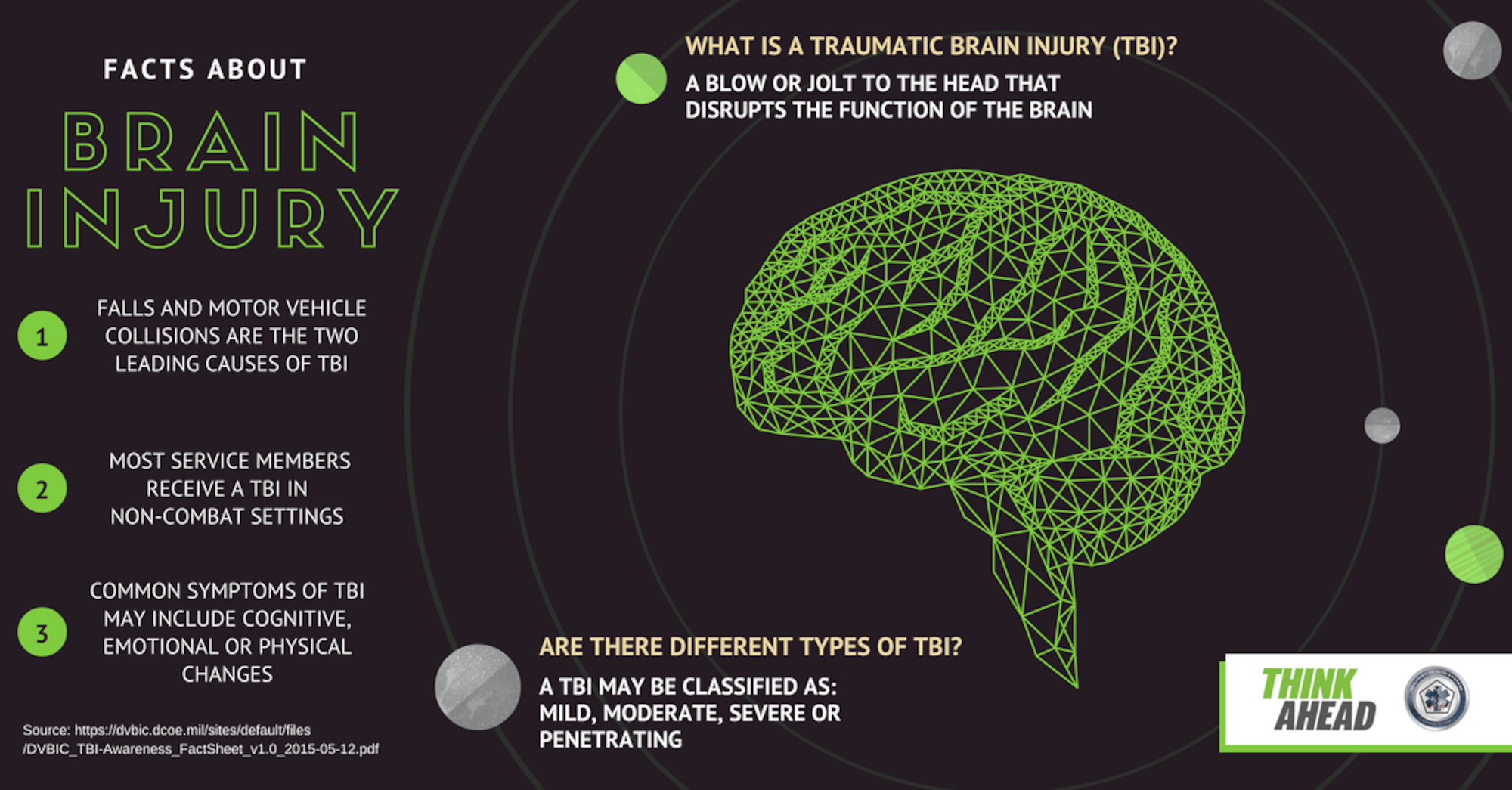
What is TBI?
A Traumatic brain injury is an injury that affects how the brain works. It is a leading cause of death and disability in the United States. A bump, blow or jolt to the head, or a penetrating injury such as a gunshot is a traumatic brain injury. The leading causes of TBI are falls, firearm-related suicide, motor vehicle crashes, and assaults.
Individuals with traumatic brain injuries may experience health problems in the short term or long term. It is a debilitating and unfortunate experience when a family member or friend experiences a traumatic brain injury. Many families are devastatingly impacted, both financially and emotionally.
Here are some facts from the CDC:
‘Traumatic brain injury (TBI) is a leading cause of death and disability among children and young adults in the United States. Each year an estimated 1.5 million Americans sustain a TBI. As a consequence of these injuries:
- 230,000 people are hospitalized and survived.
- 50,000 people die.
- 80,000 to 90,000 people experience the onset of long-term disability.
As the cumulative result of past traumatic brain injuries, an estimated 5.3 million men, women, and children are living with a permanent TBI-related disability in the United States today.
While the risk of having a TBI is substantial among all age groups, this risk is highest among adolescents, young adults, and persons older than 75 years. The risk of TBI among males is twice the risk among females. The major causes of TBI are:
- Motor vehicle crashes–the leading cause of TBI resulting in hospitalization.
Violence, especially suicidal behavior and assaults that involve firearms–the leading cause of TBI-related death.
Falls–the leading cause of TBI among the elderly.These injuries have both short-term and long-term effects on individuals, their families, and society. Their financial cost is enormous. According to one study, the annual economic burden in the United States was approximately $37.8 billion in 1985.
The financial cost is only part of the burden for the estimated 5.3 million Americans who live with a TBI-related disability. The long-term impairments and disabilities associated with TBI are grave. The entire human cost is incalculable. TBI is referred to as the invisible epidemic. These disabilities are not readily apparent to the public, unlike a broken leg, for example.
These disabilities, arising from cognitive, emotional, sensory, and motor impairments, often permanently alter a person’s vocational aspirations and have profound effects on social and family relationships.’
Changing the Keto Conversation from Weight Loss to Life-Changing
There is not much scientific evidence around the ketogenic diet and traumatic brain injuries. Many individuals who experience this type of life-altering event revert to focusing on physical therapies, occupational therapies, and cognitive therapies. As well as many other methodologies to feel fully functional again.
Read about traumatic brain injury, its commonality, mortality, and severity. You will quickly discover that the government programs that support families with loved ones that experience these types of horrific events are vital.
People who experience traumatic brain injuries have a large portion of infrastructure dedicated to them. These reports can be found on CDC.gov, and when appropriately examined, the reports deliver shocking details about firearm-related deaths and injuries, as well as motor vehicle crashes. Traumatic brain injuries are rocking everyone’s world; I wonder what life was like before guns and cars?
Bringing it Back to the Brain
The link to the keto diet and traumatic brain injury recovery does not have much science around it. I find this surprising, considering the government’s investment into families and individuals recovering from or who have experienced a life-changing event such as a TBI.
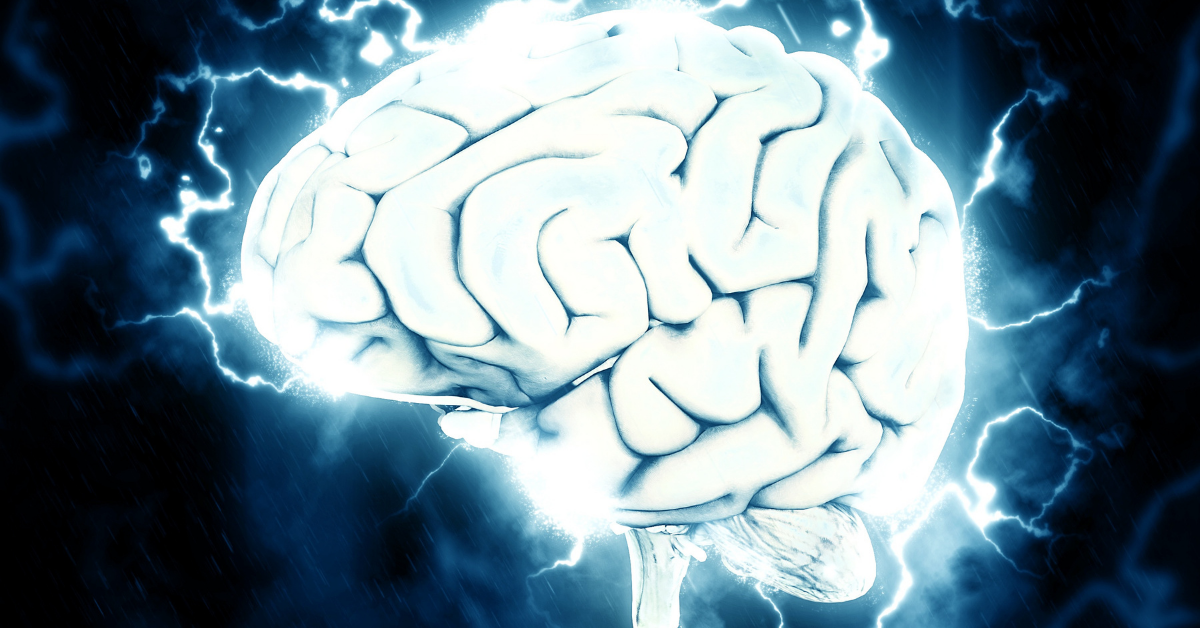
The science that does exist is here, from ncbi.gov:
Based on the evidence presented, the ketogenic diet does hold some promise of effectiveness in improving the outcomes of TBI. There are indications that ketones may provide an alternative and readily usable energy source for the brain that might reduce its dependence on glucose metabolism: which may be impaired immediately following TBI.
However, important knowledge gaps must be addressed before either the classic or modified ketogenic diet can be recommended as a treatment for TBI. Although it would not be feasible to prescribe ketogenic diets to improve resilience against TBI, identifying dietary compounds that are precursors of ketones, such as medium-chain triglycerides, and evaluating whether they have positive effects when administered after the injury is warranted.
There is a general need for demonstration of the benefit of ketone bodies and ketogenic diets in human TBI, including the use of exogenous agents to enhance the production and utilization of ketone bodies.
Several questions relate to that broad gap in knowledge. None of the animal models previously used has incorporated blast injury as a mechanism for TBI. An appropriate animal model for following TBI recovery is also necessary to evaluate the efficacy and applicability of a ketogenic diet.
This nutritional strategy utilizes an alternative metabolic pathway, and there is limited data on issues such as dosing and duration of either diet-controlled ketosis or exogenous administration of agents that enhance ketone production. As with other interventions considered in this report, there is an absence of information on which forms of TBI—mild/concussion, moderate, severe, and penetrating—might benefit from such therapy.
Another consideration is the feasibility of prescribing such a strict diet when treating nonhospitalized patients. Although ensuring compliance with any nutrition intervention may present a challenge, this is especially true when the whole diet needs to be altered. Because of the diversity of nutritional needs and metabolic demands of military service, diet-induced ketosis may not be practical for the treatment of military injuries. Especially in the context of polytrauma and the need to balance other nutritional recommendations following injury.
There is a general need to demonstrate the benefit of ketone bodies and ketogenic diets in human TBI. It’s raising many questions.
- Would recovery time hasten if the person was already following keto and suffered a TBI?
- After a TBI, physical therapies and occupational therapies may be used to assist a person in learning how to walk again. As well as to perform other simple daily tasks. What about adding a keto diet to their healing process?
There are a lot of opportunities for trial and learning to take place. Science is a practice, and it gets better and better every day. In the next twenty years, I’m interested to see what kinds of revolutions will be developed.
Nutritional ketogenic diets can not only benefit your brain activity and provide mental clarity, but they can also be mood-enhancing if done right. Considering someone with a TBI would be a step in the right direction to focus on whole nutrition.
When you eat well, you feel good, no matter what circumstance you are in.


